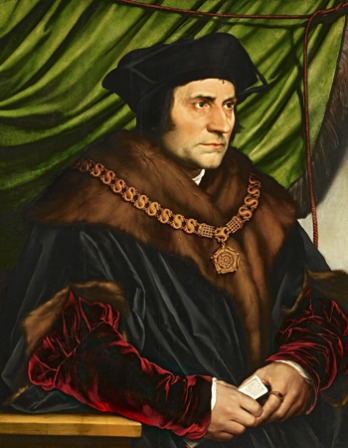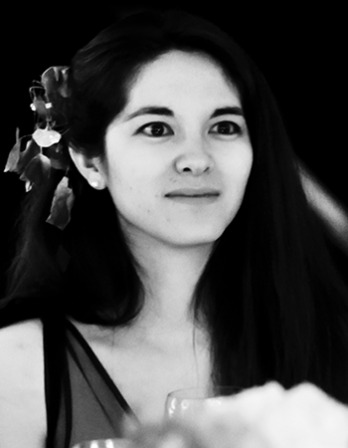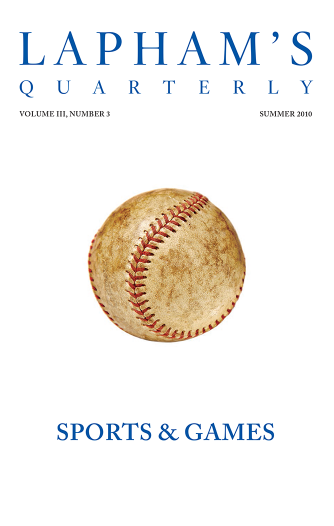I have thought that if the proper employments of library keepers were taken into consideration, they would be of exceeding great use to all sorts of scholars and have a universal influence upon all the parts of learning, to produce and propagate the same unto perfection.
For if library keepers did understand themselves in the nature of their work and would make themselves, as they ought to be, useful in their places in a public way, they ought to become agents for the advancement of universal learning; and to this effect I could wish that their places might not be made, as everywhere they are, mercenary but rather honorary.
The proper charge, then, of the honorary library keeper in a university should be thought upon, and the end of that employment, in my conception, is to keep the public stock of learning, which is in books and manuscripts to increase it, and to propose it to others in the way which may be most useful unto all. His work, then, is to be a factor and trader for helps to learning, and a treasurer to keep them, and a dispenser to apply them to use, or to see them well used, or at least not abused.
With those that are within the university, the library keeper should have acquaintance to know all that are of any parts, and how their vein of learning doth lie, to supply helps unto them in their faculties from without and from within the nation, to put them upon the keeping of correspondence with men of their own strain, for the beating out of matters not yet elaborated in sciences, so that they may be as his assistants and subordinate factors in his trade and in their own for gaining of knowledge.
From The Reformed Librarie-Keeper. Born in Edinburgh in 1596, Dury studied theology in Leiden and was chaplain and tutor to the children of Charles I. After the king’s execution in 1649, Dury urged English citizens to pledge loyalty to the new republican government. The next year he published this treatise on library management and was appointed deputy keeper of the former royal library at St. James’s Palace. He served in the post until Charles II was restored to the throne, leaving England in 1661 and spending the remainder of his life in exile.
Back to Issue




